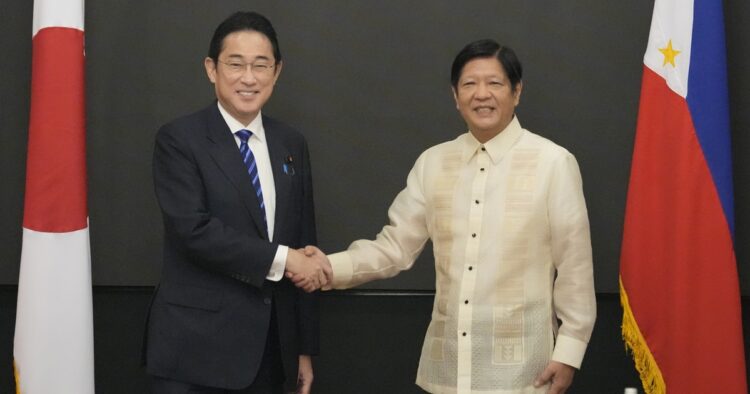The Philippines and Japan are planning to sign a Reciprocal Access Agreement (RAA) to enhance their marine cooperation. This agreement will streamline procedures when Philippine and Japanese forces visit each other for training and joint exercises.
This move is prompted by regional tensions, especially with China, and aims to strengthen defense ties. The Philippines, facing challenges from China near the disputed Second Thomas Shoal, is seeking support from allies like Japan. The U.S. has already expressed commitment, but forging ties with Japan, being closer geographically, is seen as a natural choice.
The Second Thomas Shoal, a contested area in the South China Sea, has been a source of conflict. China claims it as its territory, and recent attacks by Chinese Coast Guard ships on Philippine vessels have escalated tensions. The Philippines is looking for alliances to counterbalance China’s influence in the region.
Amid these developments, the Philippines is also exploring defense agreements with other countries, including France. President Marcos Jr. emphasizes the need for more arrangements beyond just interoperability with Japan, signaling a broader strategy to enhance the country’s defense posture.
The South China Sea situation is described as the most complex geopolitical challenge globally. The Philippines is facing difficulties in energy exploration in the region due to strained relations with China. Seeking support from allies, especially in naval capabilities, is crucial for the Philippines to navigate this challenging geopolitical landscape.
In summary, the Philippines is strategically reaching out to Japan and other allies to strengthen its defense posture in response to regional tensions, particularly with China. The focus is on fostering cooperation through agreements like the RAA and seeking support in navigating complex geopolitical challenges in the South China Sea.

















Comments